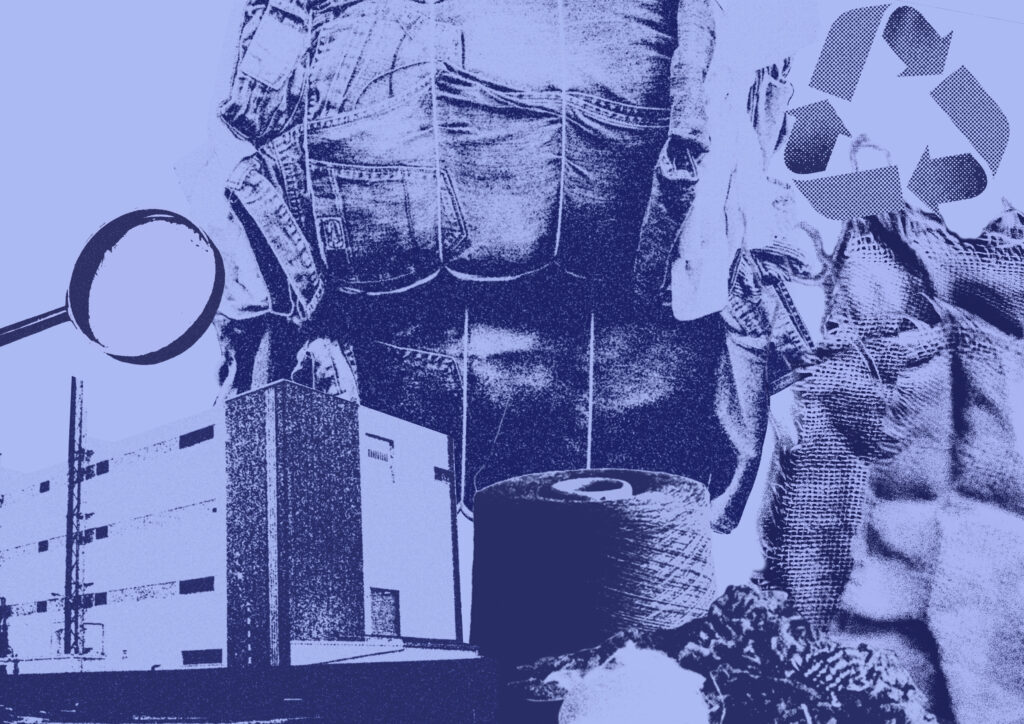New Upstream Circularity Playbook Presents a Blueprint for Scaling Textile Recycling in Manufacturing Countries


Global Fashion Agenda (GFA), with support from Deutsche Gesellschaft für Internationale Zusammenarbeit (GIZ) and the H&M Foundation, has launched the Upstream Circularity Playbook, now available in six languages. This comprehensive resource draws on extensive case studies across multiple countries to provide a globally accessible, step-by-step guide specifically tailored for garment manufacturing regions. Designed to help stakeholders scale circular business models by valorising post-industrial textile waste, the Playbook equips manufacturing hubs with tools needed to drive sustainable change.
With over 520 global regulations now encouraging circularity and regionalisation in sourcing and design, the Playbook serves as a critical tool for establishing and scaling upstream circular ecosystems. It equips manufacturers, brands, policymakers, and investors with actionable strategies to implement circular fashion solutions in core manufacturing regions. With significant volumes of post-industrial textile waste yet to be properly harnessed, its consistency and high quality present a pivotal opportunity for scaling textile-to-textile recycling technologies in manufacturing regions. This can pave the way for recycling of post-use textiles and clothing. In Bangladesh alone, embracing textile recycling could unlock USD 4 to 5 billion annually through the export of recycled products, however, limited recycling capacity underscores a critical gap in industrial waste management.
The Upstream Circularity Playbook draws on over 20 case studies from diverse regions such as Bangladesh, Cambodia, Indonesia, and Vietnam, providing an international and regional perspective that fosters knowledge sharing across the fashion industry. The examples showcase successful collaborations between brands, manufacturers, recyclers, and textile waste collectors, offering a replicable model for scaling circular solutions in various global contexts. Collaboration across the entire value chain is critical for unlocking the full potential of circularity. The Upstream Circularity Playbook provides a roadmap for stakeholders to work together in building a just and scalable circular fashion system.
The Playbook offers a pragmatic, step-by-step framework for building the necessary infrastructure to scale circularity in garment manufacturing countries. It provides essential tools for:
This emphasis on upstream circularity presents an immediate opportunity to valorise post-industrial waste, laying the groundwork for scaling textile-to-textile recycling and ultimately reducing dependency on virgin resources as they are gradually replaced by recycled materials. GFA previously noted in the Scaling Circularity Report that existing recycling technologies have the potential to drive up to 80% circularity in the fashion industry if fully scaled. Additionally, the Pre-Feasibility Report highlights that, in the case of Bangladesh, recycling textile waste could reduce cotton imports by 20%, saving nearly $750 million USD annually. The Upstream Circularity Playbook therefore builds on this research by providing an actionable framework for the industry to harness such opportunities.



With contributions from over 20 experts and organisations, the Playbook is designed to spur action on a global scale. It provides a blueprint for fostering economic, environmental, and social benefits in garment manufacturing regions and emphasises the need for collaboration across the value chain to achieve a scalable solution for textile-to-textile recycling.
The Upstream Circularity Playbook is openly accessible and available in six languages, inviting stakeholders worldwide to provide feedback and join the conversation.
Presented by Global Fashion Agenda (GFA), the non-profit accelerating the transition to a net positive fashion industry, the forum was held at the iconic Copenhagen Concert Hall, with side events hosted at prestigious cultural venues around the city